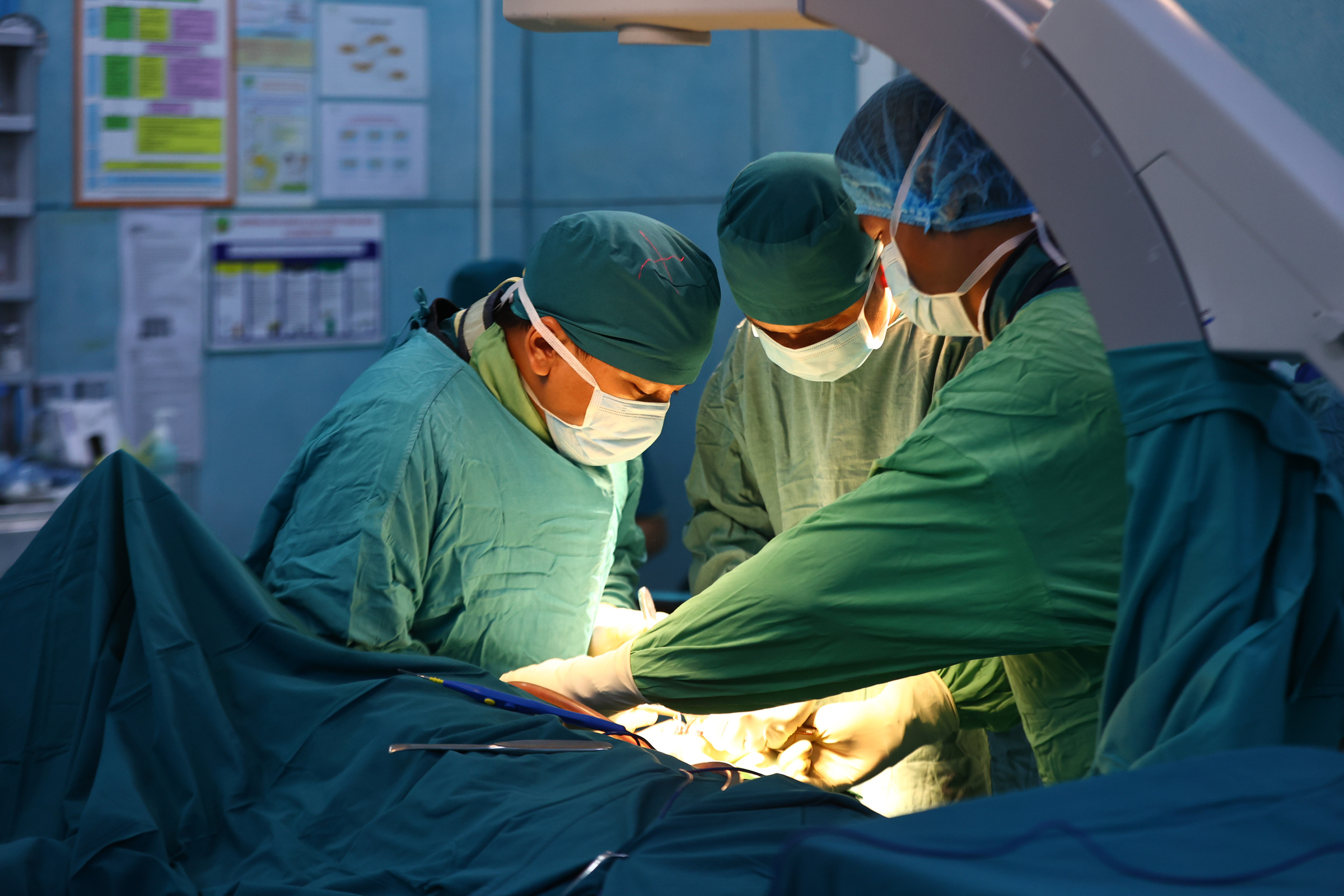This proposal is part of a draft decree on specific allowances for public healthcare workers, for which the Ministry of Justice recently released appraisal documents. The Ministry of Health drafted the decree, which is expected to be submitted to the Government later this year and, if approved, would apply from 2025.
Specifically, for special category surgeries, the allowance for the principal surgeon, chief anesthesiologist, or main acupuncturist is proposed to increase by nearly three times, from VND 280,000 to VND 790,000. New allowance rates for category I, II, and III surgeries would be VND 355,000, VND 185,000, and VND 140,000, respectively.
The surgical team would also receive corresponding increases. An assistant surgeon or assistant anesthesiologist for a special category operation could receive VND 565,000. Support staff for special operations are proposed to receive VND 340,000. For medical procedures, the allowance would be 30% of the allowance for a surgery of the same category.
This proposal comes as current allowance rates are considered too low and do not reflect the efforts of doctors and medical staff. Associate Professor, Doctor Nguyen Manh Khanh, Deputy Director of Viet Duc Friendship Hospital, stated that allowance rates have remained unchanged for the past 13 years, despite eight adjustments to the basic salary and rising living costs.
He cited an example from Viet Duc Hospital, where a special operation, such as heart surgery or organ transplant, often lasts 4-8 hours, but the principal surgeon receives only VND 280,000 in allowance, causing significant disadvantage to the medical team.
 |
Doctors and medical staff at Children's Hospital 2, Ho Chi Minh City, perform surgery on a patient, 7/2025. Photo: Quynh Tran |
In addition, the draft also proposes increasing the 24-hour on-call allowance. For special and category I hospitals, the allowance would increase from VND 115,000 to VND 325,000 per shift. Category II hospitals would see an increase from VND 90,000 to VND 255,000. Commune health stations would also have their allowances adjusted, nearly tripling to VND 70,000.
Allowance rates would be higher for shifts in specialized departments like intensive care, emergency, or surgery, or for shifts on holidays and New Year.
Previously, the Ministry of Health and voters from many localities consistently advocated for increased allowances for the medical sector. Deputy Minister of Health Tran Van Thuan noted that current allowance rates are "no longer appropriate" for the intense workload and extensive training required of medical personnel. According to the Ministry of Health, this adjustment aims to ensure a basic living standard and adequately recognize the contributions of doctors and medical staff. It is also expected to provide an impetus to attract and retain talent in the sector, especially for frontline roles.
Le Nga












